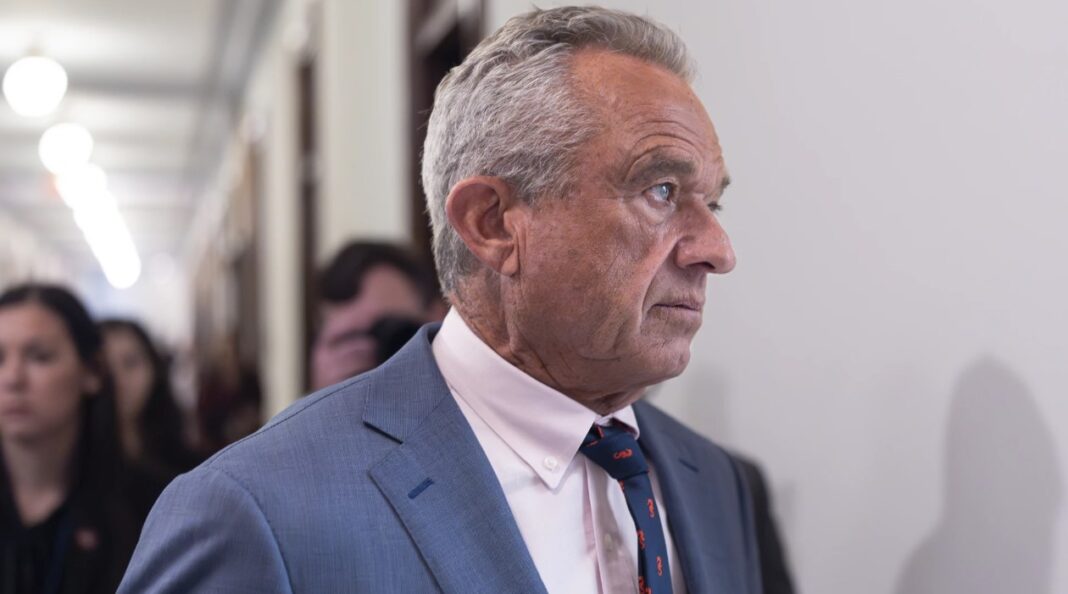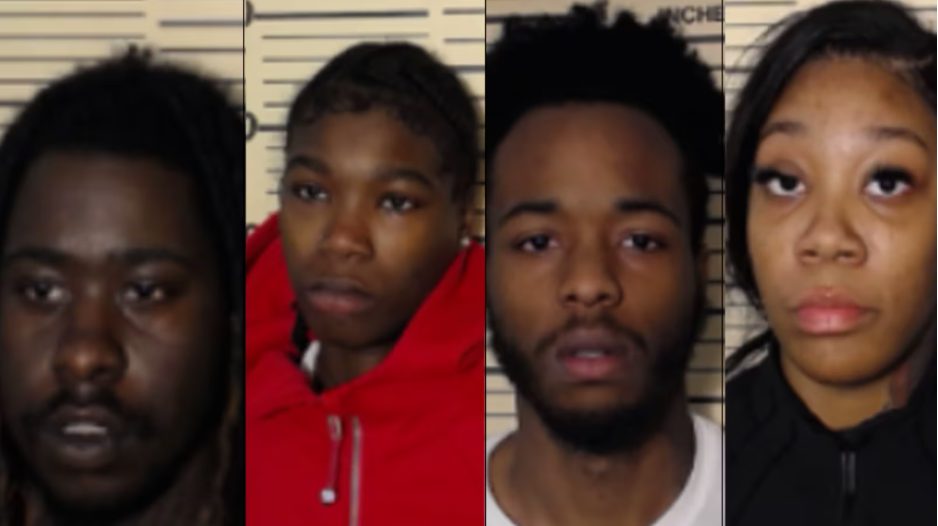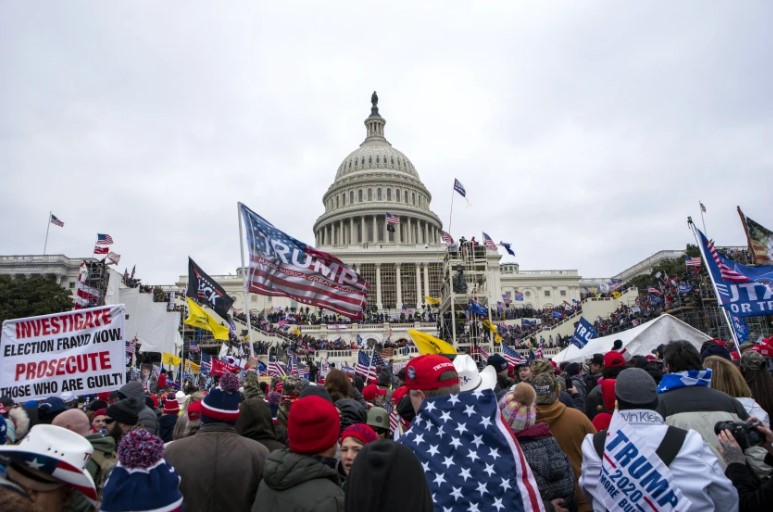Illinois public health officials, doctors, and vaccine policy experts are gearing up for changes as President-elect Donald Trump’s administration takes office. Concerns are growing due to Trump’s appointee for the U.S. Department of Health and Human Services (HHS), Robert F. Kennedy Jr., who is known for questioning vaccine safety.
The HHS oversees critical health policies, including vaccine approvals and immunization schedules. It also manages public health insurance for low-income families and seniors. Here’s how Illinois plans to address potential shifts in vaccine policy and misinformation:
What Can the Federal Government Change?
Although states decide vaccine requirements for school entry, the federal government influences vaccine approvals and recommendations.
- Illinois’ Requirements: Children in daycare through high school must get vaccines for diseases like measles and whooping cough. Flu shots are strongly recommended but not mandatory.
- Exemptions: Parents can request exemptions for religious or medical reasons. For the 2023–2024 school year, only 2% of kindergartners in Illinois had exemptions, one of the lowest rates nationally.
- Federal Influence: Agencies like the Food and Drug Administration (FDA) and the Centers for Disease Control and Prevention (CDC) can indirectly affect vaccination rates. For instance, if the CDC changes its vaccine recommendations, fewer people might feel the need to get vaccinated.
Will Vaccination Rates Drop?
Vaccination rates have already been declining since the COVID-19 pandemic, as more parents claim nonmedical exemptions. Lower rates could lead to outbreaks of diseases like measles, putting vulnerable populations, such as children with chronic illnesses, at greater risk.
Dr. Ravi Jhaveri, an infectious disease expert at Lurie Children’s Hospital in Chicago, remains optimistic:
“Most families still want and expect vaccines. While challenges exist, the system isn’t going to collapse.”
The Vaccines for Children (VFC) Program
The VFC program provides free vaccines to low-income and uninsured children. It was established after a deadly measles outbreak in the late 20th century.
- Costs Covered: Vaccines can cost over $1,000 per child in their first year of life. The VFC program eliminates this financial burden.
- Impact in Chicago: In 2022, the program provided nearly 700,000 vaccine doses, helping about 200,000 children.
- Success Story: Dr. Stephanie Liou from Alivio Medical Center shared how a migrant family was relieved to learn their son’s vaccines were free, allowing him to catch up on missed immunizations.
Funding Concerns
The VFC program is entirely federally funded. Chicago receives $50–$60 million annually for vaccine doses and $2 million for program management. If funding is cut, doctors may need to rely on Illinois’ Medicaid program. However, the state is already facing a budget shortfall of more than $3 billion.
Illinois officials, including the Department of Public Health, are committed to advocating for continued federal funding for the VFC program.
Misinformation and Public Trust
Experts worry that vaccine misinformation could grow if skeptics hold influential positions in the federal government. Distrust in organizations like the CDC and HHS may amplify fear and confusion.
Dr. Jihad Shoshara, a pediatrician in Naperville, sees this concern firsthand. While his practice doesn’t turn away families who choose not to vaccinate, he encourages them to find other providers to protect his immunocompromised patients.
“It’s easy to find misinformation online,” Shoshara said. “It takes time for medical professionals to address concerns, and we don’t always have the time needed.”
Moving Forward
Illinois is taking proactive steps to address these challenges, from ordering extra vaccine doses to advocating for public health funding. The focus remains on ensuring access to life-saving vaccines and protecting community health, even in the face of policy uncertainty.


